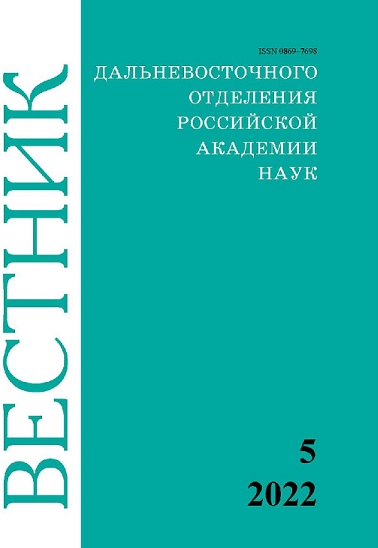Exosomal plant nanoparticles: properties and applications in biomedicine
Keywords:
exosomes, targeted drug delivery, multivesicular bodies, membrane transportAbstract
Exosomal nanoparticles are biogenic membrane vesicles secreted by various cell types and repre- sent a conservative mechanism of intercellular and interspecies communication in pro- and eu- karyotic organisms. By transporting specific proteins, nucleic acids, and low molecular weight metabolites, exosomes are involved in the regulation of developmental processes, activation of the immune system, and the development of a protective response to stress. Recently, much attention of researchers has been attracted by plant nanovesicules, which are an economical and affordable source of their production. Being a natural transport system, plant exosomes represent a promising platform in biomedicine for the delivery of molecules of both endog- enous and exogenous origin. This review presents recent publications devoted to the study of the biogenesis of plant exosomes, their composition, as well as mechanisms of loading with various therapeutic compounds, which is one of the determining factors for their possible prac- tical use. We believe that further research in this area will significantly expand the potential of targeted therapy by using of plant nanovesicles in clinical practice.


